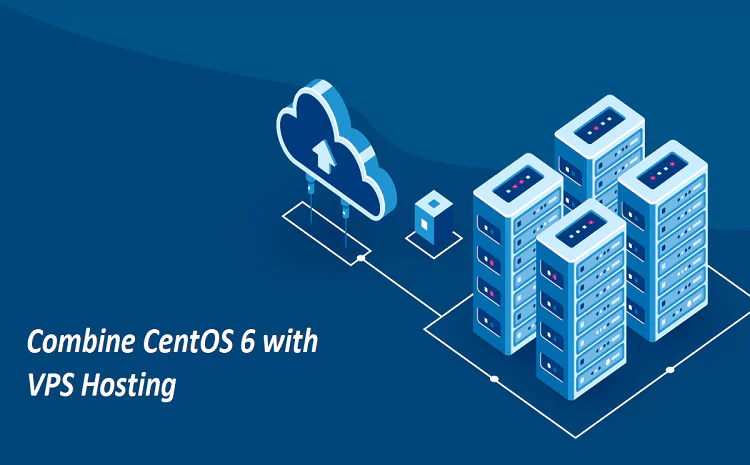CentOS operating system combined with VPS hosting provides an affordable yet powerful Linux server environment for customized apps and websites. Its security enhancements over standard shared hosting and open source OS license make CentOS 6 VPS Hosting plans appealing for developers seeking more system control and resources.
Key Takeaways
- CentOS 6 is a completely free RHEL alternative with reliable high-performance and improved security features.
- CentOS 6 VPS setups offer more control and resources compared to shared web hosting at a lower cost than dedicated servers.
- Developers can fully customize OS, apps, software configurations, and security protocols on CentOS virtual private servers.
- VPS services allow flexible provisioning of guaranteed CPU, RAM, bandwidth & storage based on evolving apps needs.
Let’s see why CentOS 6 and VPS form a perfect server platform.
What Makes CentOS 6 a Powerful Hosting OS Option?
- Reliability & stability: Rigorously tested by community feedback. Built for long-term dependability with infrequent major OS updates to minimize potential issues from changes. Over 10-year lifespan per version.
- Security & compliance: Contains all RHEL core security controls around data protection, access restrictions, activity logging, network traffic encryption, etc. Common Criteria certified. Meets major industry standards.
- Interoperability: Compatible with wide range of proprietary and open source hardware/software thanks to maintaining full application binary interface (ABI) compliance with RHEL.
So CentOS 6 rides on RHEL’s enterprise foundation with further improvements from community contributions.
In comparison, CentOS 7 aligned to RHEL 7 kernel contains additional security enhancements like mandatory access controls and kernel address space layout randomization. But CentOS 6 extends through 2024, maintaining rich capabilities on verified technology.
Why Combine CentOS 6 with VPS Hosting Services?

Virtual private servers (VPS) offer segmented virtual machine resources allocated from a single large host physical server. This allows each customer private server capabilities at shared hosting affordability:
- Guaranteed resources: Available CPU cores/threads, RAM allocation, bandwidth limits, storage capacity
- Root/sudo access: Customize software stack, security protocols
- Server isolation: VPS segments prevent “noisy neighbor??? issues from other customers using up resources
- Cost efficiency: Pooling amortizes infrastructure expenditures
So for developers seeking both affordability and more visibility into their production environment, a CentOS 6 VPS Hosting plan is the ideal midpoint between fully shared and dedicated hosting:
| Shared | VPS | Dedicated | |
|---|---|---|---|
| Control | Minimal | Full | Full |
| Sharing | High | Medium | None |
| Resources | Fixed | Flexible | Maximum |
| Cost | Lowest | Moderate | Highest |
whether standing up a LAMP stack, hosting a Java app, or deploying a NoSQL database, CentOS 6 VPS empowers deep system optimization without breaking budgets
Optimizing Your CentOS 6 VPS Setup
With full server access, developers can enhance their CentOS 6 VPS Hosting to align with app needs:
- Compile PHP 7+ or desired languages for best performance
- Tighten network and user security protocols like IP tables
- Custom partition disk volumes to separate OS, data, logs, etc.
- Automate software patching, updates, and monitoring
- Adjust kernel tuning parameters for high loads
Most quality VPS providers include DNS configuration, dedicated IP address allocation, regular backups, and other essential features as well.
So a CentOS 6 virtual private server environment enables developers to launch exactly the infrastructure they want.
Final Verdict
For resource-hungry apps and sites requiring granular configurations beyond typical shared hosting, yet without the intense costs of dedicated hardware, CentOS 6 VPS solutions are the clear answer. These customizable and affordable virtual servers empower agile deployment while leveraging CentOS’s stability, security and vast software compatibility. The robust cloud architecture of modern VPS platforms adds extra flexibility to scale up seamlessly as demands evolve.